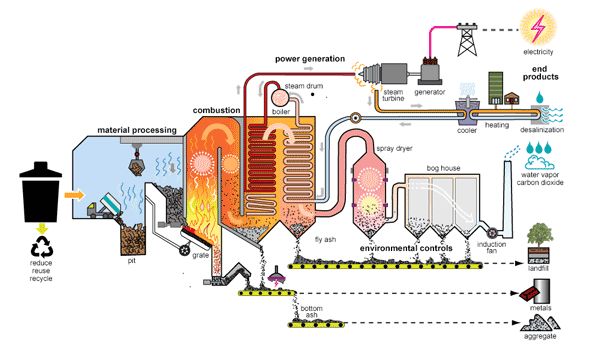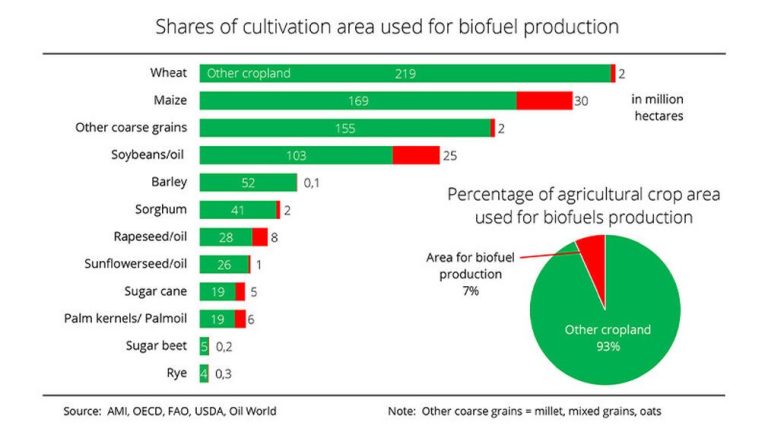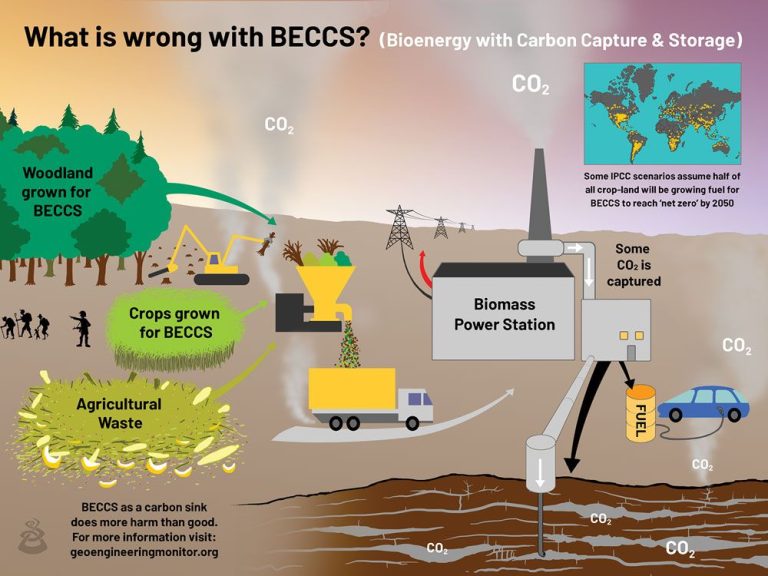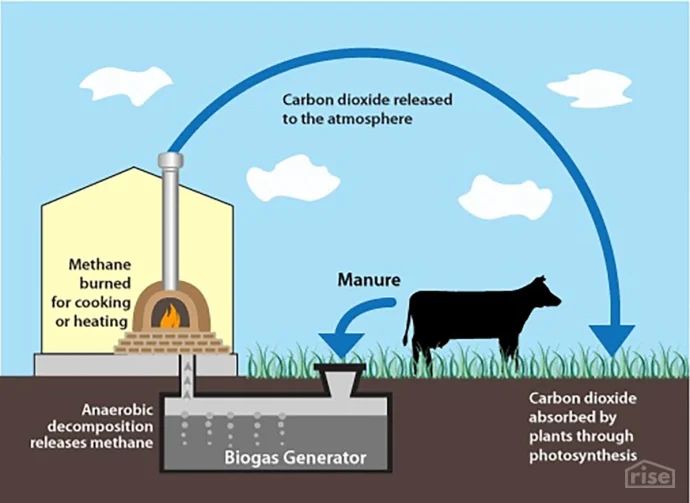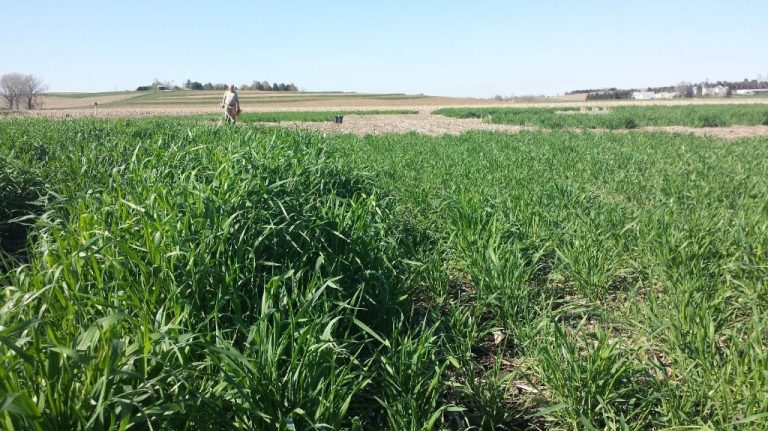Where Is The National Bioenergy Center?
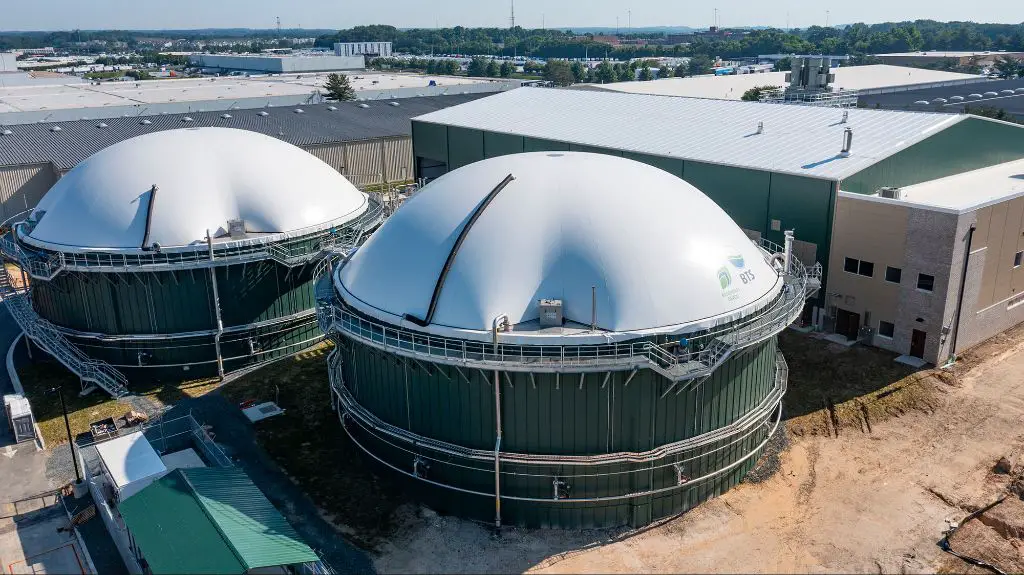
The National Bioenergy Center (NBC) is the Department of Energy’s primary research center for biomass-based fuels, chemicals, materials and processes. Located within the National Renewable Energy Laboratory (NREL) campus in Golden, Colorado, the NBC was established in 1991 to help advance bioenergy technology and speed its commercialization. The center’s primary mission is to develop cost-effective and sustainable bioenergy solutions that can play a major role in the nation’s energy portfolio and reduce dependence on fossil fuels. With over 200 scientists, engineers and support staff, the NBC conducts fundamental and applied research across the bioenergy supply chain, from biomass feedstock development and logistics through conversion technologies and sustainability analysis. The NBC collaborates with universities, private industry and other national laboratories in pursuing its objectives.
History
The National Bioenergy Center (NBC) was established in October 2000 by the U.S. Department of Energy’s Office of Energy Efficiency and Renewable Energy (EERE) (National Bioenergy Center [NREL], 2005, p. 1). The creation of the NBC was part of the EERE’s effort to advance bioenergy research and support the growing U.S. bioenergy industry.
According to the overview report published by the National Renewable Energy Laboratory (Multimedia: NREL National Bioenergy Center Overview, 2014), the NBC was one of three Bioenergy Research Centers established by the DOE in 2007 to pursue fundamental research and breakthroughs in bioenergy production. The NBC has served as a core facility for bioenergy research within the EERE for over 20 years.
Location
The National Bioenergy Center (NBC) is located on the campus of the National Renewable Energy Laboratory (NREL) in Golden, Colorado. NREL is situated on a 632-acre site at the foothills of the Rocky Mountains, just 15 miles west of downtown Denver.
The physical address of the National Bioenergy Center is:
National Renewable Energy Laboratory
15013 Denver West Parkway
Golden, CO 80401
The NBC facilities are located in the Energy Systems Integration Facility (ESIF) on the NREL campus. ESIF is a 182,500-square-foot research facility that opened in 2012 and houses more than 200 researchers and support staff working on bioenergy and other renewable energy technologies.
NREL is a government-owned, contractor-operated national laboratory that is funded by the U.S. Department of Energy’s Office of Energy Efficiency and Renewable Energy (EERE) (1). It has been managed and operated by the Alliance for Sustainable Energy since its inception in 1977.
Facilities
The National Bioenergy Center (NBC) is located at the National Renewable Energy Laboratory (NREL) campus in Golden, Colorado and has state-of-the-art facilities for bioenergy research (NREL, 2022). The facilities include the Energy Systems Integration Facility (ESIF), the Integrated Biorefinery Research Facility (IBRF), the Alternative Fuels User Facility (AFUF), and the Process Development Unit (PDU).
The ESIF is the largest research lab dedicated to bioenergy in the country, with over 15,000 square feet of lab space (NREL, 2022). It has advanced capabilities for biomass feedstock analysis, fermentation, and pretreatment. The IBRF is a pilot-scale research facility focused on converting biomass to fuels and chemicals. The AFUF evaluates performance properties of biofuels and has engine dynamometer labs. The PDU is a flexible lab space for developing and optimizing chemical and biological conversion processes.
Overall, the facilities at the NBC allow researchers to work on the full bioenergy supply chain, from feedstock analysis through production and end use evaluation. The labs have specialized equipment and expert staff to enable cutting edge bioenergy research and process development.
Research
The National Bioenergy Center conducts a wide range of bioenergy research aimed at advancing renewable energy technologies and scaling up biofuel production. Key areas of research include:
Biomass Conversion Technologies – Developing processes to efficiently convert biomass feedstocks like agricultural residues, forest products, and algae into biofuels and bioproducts.This includes biochemical and thermochemical conversion methods such as gasification, pyrolysis, and biological fermentation.
Algal Biofuels – Researching and developing technologies to produce bio-based fuels and co-products from algae. NREL has extensive expertise in algal biology, cultivation systems, and conversion technologies.
Integrated Biorefineries – Designing and demonstrating integrated systems that can efficiently produce biofuels, biopower, and bioproducts from biomass at commercial scales. This includes process integration, techno-economic analysis, and sustainability assessments.
Bioproducts – Developing bioproducts like renewable chemicals, bioplastics, and ingredients for food, pharmaceuticals, and consumer products. The goal is to maximize the value derived from biomass feedstocks.
Sustainability & Analysis – Conducting sustainability evaluations, resource assessments, techno-economic analysis, life cycle assessments, and environmental impact modeling for bioenergy systems.
Sources: https://www.nrel.gov/bioenergy/national-bioenergy-center.html, https://www.nrel.gov/bioenergy/
Partners
The National Bioenergy Center collaborates with a wide range of partners from industry, academia, and other national laboratories to advance bioenergy research and development. Key partners include:
Department of Energy – The DOE provides funding and oversight for the National Bioenergy Center through several programs including the Bioenergy Technologies Office.
Idaho National Laboratory – INL collaborates with NREL on feedstock supply and logistics research as part of the DOE’s integrated biorefinery project.
Oak Ridge National Laboratory – ORNL partners with NREL on biochemical and thermochemical conversion technologies research.
Pacific Northwest National Laboratory – PNNL and NREL cooperate on developing biofuel sustainability analysis tools.
Sandia National Laboratories – Sandia partners with NREL to create conceptual process designs and techno-economic assessments.
Colorado School of Mines – CSM works with NREL on developing conversion technologies for biofuels.
Colorado State University – CSU collaborates with NREL on bioeconomy workforce development initiatives.
University of Colorado Boulder – CU Boulder partners with NREL on biochemical conversion and sustainability research.
Funding
The National Bioenergy Center receives the bulk of its funding from the U.S. Department of Energy (DOE). In March 2023, the DOE announced it would provide $590 million in funding over five years to four Bioenergy Research Centers, including the National Bioenergy Center (DOE Announces $590 Million To Increase Bioenergy Research – energy.gov). This funding will go towards advancing research into biofuels and bioproducts made from renewable sources like plants and algae.
The $590 million pledge represents a renewed commitment by the DOE to support bioenergy research at these centers. Initial funding for 2023 will be $110 million, with up to $120 million provided per year over the next four years (DOE funds next-generation Center for Bioenergy Innovation to advance renewable jet fuel – ornl.gov). The bulk of this funding will go towards supporting high-impact research projects and facility operations at the National Bioenergy Center.
This influx of DOE funding highlights the importance of the center’s work in developing the next generation of renewable biofuels and bioproducts. It will allow the center to continue its groundbreaking research and help accelerate the transition to a sustainable bioeconomy.
Leadership
The National Bioenergy Center (NBC) is led by a director who oversees the center’s research and operations. Some key leaders have included:
Michael Pacheco served as the first NBC director from 2002 to 2007, when he left to become the director of the National Renewable Energy Laboratory (NREL) (source: https://ethanolproducer.com/articles/director-of-national-bioenergy-center-named-1605).
Jim Spaeth was named interim director in 2007 and served until 2008 (source: NREL news release).
The current NBC director is Thomas D. Foust, who has led the center since 2008. He oversees all research activities at the center (source: https://www.nrel.gov/bioenergy/national-bioenergy-center.html).
Other key leaders at the NBC include Michael Crowley, the director of the Renewable Resources and Enabling Sciences Center, who manages NBC’s research staff (source: https://www.nrel.gov/bioenergy/staff.html).
Impact
The National Bioenergy Center has had a major impact in advancing bioenergy research and development in the United States. The center’s work focuses on overcoming technical barriers and reducing costs across the bioenergy supply chain, from feedstock development to conversion processes. This contributes to making bioenergy economically viable and expanding its adoption.
Some key contributions and impacts include:
- Developing advanced biofuel and bioproduct technologies that can produce cost-competitive bio-based gasoline, diesel, and jet fuel.
- Engineering crops and developing sustainable feedstock supply systems that deliver high yields at low costs.
- Pioneering integrated biorefinery processes that efficiently convert biomass to fuels, chemicals, materials, and power.
- Informing supportive policies, analysis, sustainability metrics, and best practices for the bioenergy industry.
- Fostering public-private partnerships and industry collaboration to transfer innovations to the marketplace.
- Training future bioenergy researchers and helping grow the workforce.
The center’s breakthroughs and leadership in bioenergy R&D are accelerating the transition to renewable, sustainable bio-based energy and products in the United States.
Conclusion
The National Bioenergy Center, located at the National Renewable Energy Laboratory in Golden, Colorado, plays a pivotal role in advancing bioenergy research and development in the United States and globally. The center focuses on developing innovative and cost-effective bioenergy and bioproduct solutions to reduce dependence on imported oil, lower greenhouse gas emissions, and create sustainable bio-based products and chemicals.
Since its founding in 2000, the National Bioenergy Center has made significant contributions to the progress of bioenergy technologies. Its multidisciplinary team of over 100 scientists and engineers conducts fundamental and applied research on converting non-food biomass into fuels, products, and power. The center is pioneering integrated biorefinery technologies to produce biofuels and high-value bioproducts from biomass in an economically and environmentally sustainable manner.
With advanced bioenergy technologies and continued research, the National Bioenergy Center is poised to transform the nation’s energy portfolio by enabling widespread commercialization of renewable bioenergy. Its work is critical for building a clean energy economy, spurring rural economic development, reducing carbon emissions, and strengthening national energy security.

